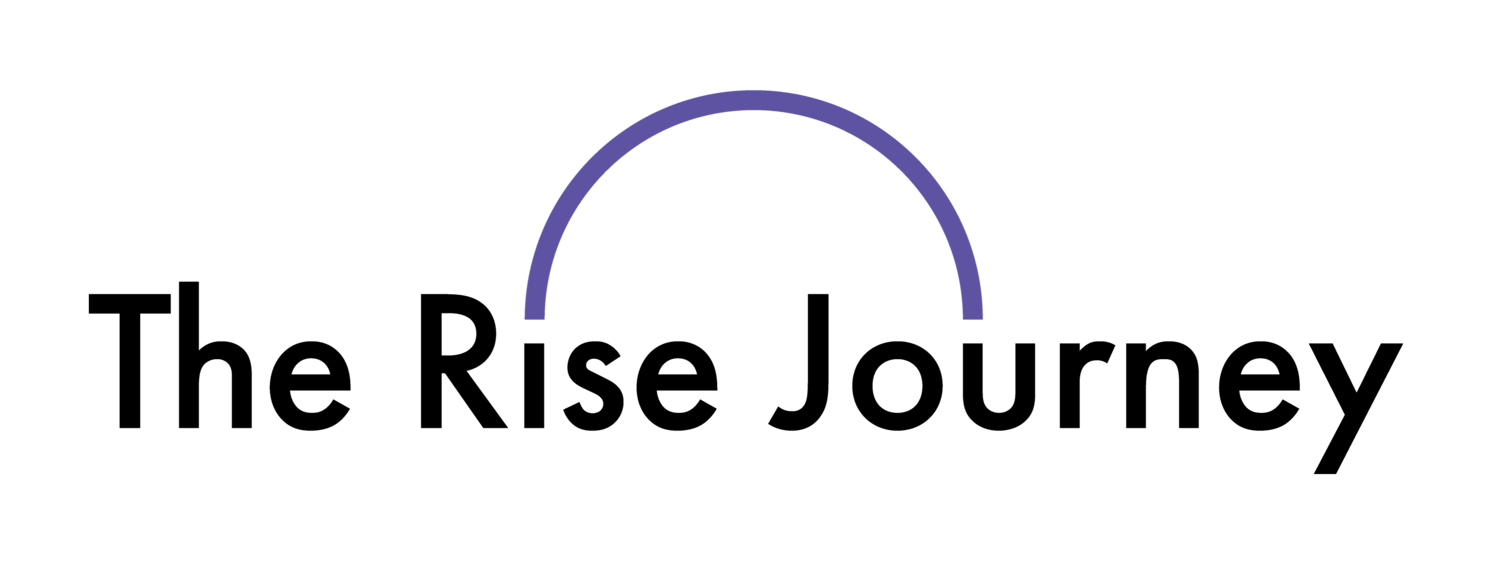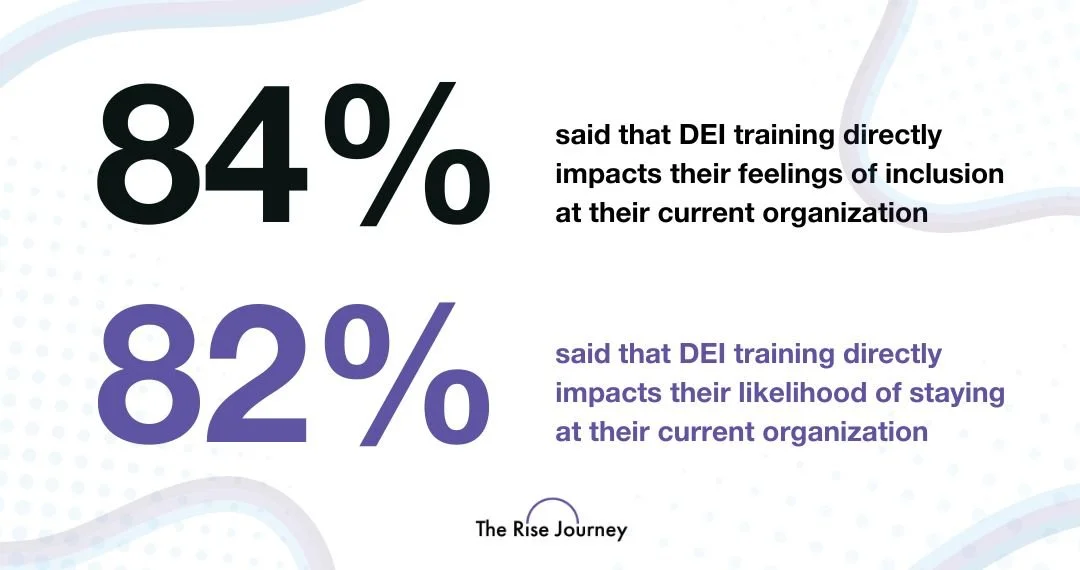What is a DEI Assessment and Why does it Matter?
Diverse team collaborating and discussing an assessment.
HR and organizational assessments are a pivotal tool to securing most long-term organizational goals, development, and strategy. In the realm of diversity, equity, inclusion, belonging, and accessibility (DEIBA), workplaces are enlisting the help of comprehensive DEI assessments to figure out just how much action is actually taking place (or how little) and to identify friction points and areas of impact within organization initiatives.
A diversity equity & inclusion (DEI) assessment, or DEI Audit, is a tool that utilizes data, research, and strategy to understand the current state of DEI efforts. The audits track short and long-term diversity, equity, and inclusion goals and actions within organizations and workplaces.
Data from DEI organizational assessments can be used as a continuous tool that helps workplaces establish the skills and baseline metrics that guide how organizations measure, decipher, and make important decisions throughout the transition and commitment to a DEI-forward workplace.
The Lunch and Learns case study highlights how a well-executed DEI education strategy makes all the difference for employees behind workplace teams, revealing that out of over 1500 surveyors:
82% (eighty-two percent) of those surveyed said that DEI training directly impacts their likelihood of staying at their current organization.
84% (eighty-four percent) said that DEI training directly impacts their feelings of inclusion at their current organization.
However, hosting an annual DEI workshop or two isn’t enough when it comes to facilitating long-term changes and goals.
Workplace and human resource association SHRM reported on a study finding that almost 80% (eighty percent) of organizations are just ‘going through the motions’ of inclusion and diversity goals. The study revealed that organizations are not only falling short in supporting these efforts, but that there is a lack of commitment to DEI practices and challenges within workplaces.
This is where DEI assessments tap in:
“They track the successes and challenges of initiatives, set measurable goals for your organization as health checks, and highlight areas of opportunity that might otherwise go unnoticed,” Rise Co-Founder and Fractional Head of DEI Jes Osrow explained in HR.com’s HR Strategy & Planning publication. “These assessments collect data about the progress of your initiatives and show you how to fine-tune them to scale and grow.”
(Read the full article, “Why DEI(BA) Assessments Are Vital To Your Organization.”)
DEI organizational assessments are an integral step in ensuring that workplaces are taking the steps they need to move forward with initiatives, and do not backpedal and get burned on performative practices.
Note: Performative practices are when organizations outwardly demonstrate support and commitment to DEI and DEI causes but fail to take any meaningful action to follow through on doing the work.
How can Workplaces Leverage DEI Organizational Assessments for Development?
DEI or Organizational Assessments need to be customized and tailored to support the specific needs of a company. To ensure your organization or workplace is best leveraging its DEI assessment opportunities:
Call everyone in. From leadership to HR to other working staff, DEI work is crucial at all levels and branches of organizations. A multidimensional approach to understanding workplace culture is needed in order to create an environment that is inclusive and respectful of all employees. Open communication may be initiated by a combination of approaches from one-on-one interviews, small focus groups, to survey distribution to gain a multilayered understanding of workplaces as a whole.
Use various research methods. While organizations often rush to quantitative research methods to collect ‘hard-numbers,’ data, and insight into DEI trends within workplaces - qualitative data provides rich and contextualized accounts of employees' daily experiences and is essential for understanding the nuances of human experience-related work. It is essential to use both research methods to capture the nuances between DEIBA and human experience-related work.
Consider working with external support and expertise. Working with third-party or external company support outside of organizations can be a great way to support workplaces in balancing their workloads and ensure that they dedicate the time, resources, and space the assessment needs to be fully developed and optimized. Hiring externally can also help leadership maintain accountability in responsibly conducting the assessment without bias or ego getting in the way.
Use the data to set baseline metrics. The goal of conducting a DEI assessment is to build an action plan based on data and metrics that guide teams and track key DEI progress and goals. These metrics help to identify patterns and trends related to diversity, equity, and inclusion and record progress over time to ensure that teams are working towards key goals. With the landscape of the workplace changing every day, having applicable metrics and numerical goals to direct DEI efforts are integral in helping teams adjust to changing workplaces’ needs and new information.
Apply the learned transferable skills of the assessment to other areas at work. Whether conducted internally or with third-party support, the DEI assessment process too often equips organizations with new understandings of culture, processes, and practices that could be applied to separate areas of workplace development.
Why are DEI Assessments Necessary for a Future of Sustainable Workplaces?
DEI initiatives are most successful and long-lasting when they are viewed as an ongoing journey, not a destination. This means that organizations need to dedicate time and resources to DEI on an ongoing basis - they need frequent check-ins, resources, experimentation, adjustments, and care.
Diversity and inclusion work is no longer optional for organizations looking to attract and retain top talent and the innovation that comes with new-age professionals. Yet, there’s no room for half-doing this DEI work either - organizations have to come with all hands on deck and all leadership brought-in and at the table.
A well-orchestrated DEI strategy can give any team a sustainable competitive advantage in both innovation and talent. DEI assessments take extra precaution in ensuring that organizations change and adapt to everyday challenges and are committed to the reflection process of workplaces’ DEI journey.
Workplaces that are committed to DEI make their employees feel safe, respected, and valued - create an inclusive environment that allows organizations to tap into fresh perspectives and innovative ideas.
___
Be sure to check out HR and DEI solutions here.
If you want to learn more about DEI assessments or receive personalized support regarding DEI strategy, book time with an advisor.
Are you a workplace leader or employer looking to reinforce the importance of DEI in the workplace? Consider exploring our DEI-focused lunch and learn programs such as Moving Forward on an Imperfect DEIBA Journey, to bring education to your workforce.



